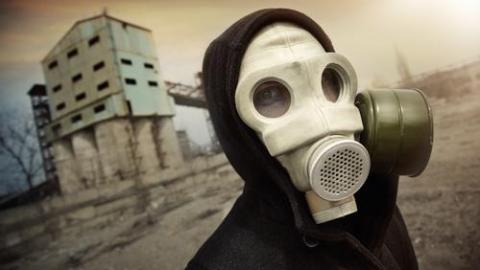Why You Shouldn’t Worry About the Impending Apocalypse

What’s the Latest Development?
December 21, 2012, is the newest date at which the world is expected to end, allegedly due to the termination of the Mayan Long Count calendar and the Sun’s alignment with the center of our Milky Way galaxy. Apocalyptic predictions, however, have not been limited to the “eccentric” among us. “The past half century has brought us warnings of population explosions, global famines, plagues, water wars, oil exhaustion, mineral shortages, falling sperm counts, thinning ozone, acidifying rain, nuclear winters, Y2K bugs, mad cow epidemics, killer bees, sex-change fish, cell-phone-induced brain-cancer epidemics, and climate catastrophes.”
What’s the Big Idea?
At the start of 2012, the Bulletin of the Atomic Scientists moved its Doomsday Clock one minute closer to midnight, citing our failure as a species to prevent the looming disaster caused by changes in the Earth’s atmosphere, i.e. climate change. Yet action justified by visions of the apocalypse do not only fair poorly through the historical lens, they fail the test of moral judgement, which seeks to determine the course of our actions as we make them, not just when we are confronted with massive failures. We are better equipped to manage threats to our existence as they arise than through “the mass fear stoked by worst-case scenarios.”
Photo credit: Shutterstock.com




